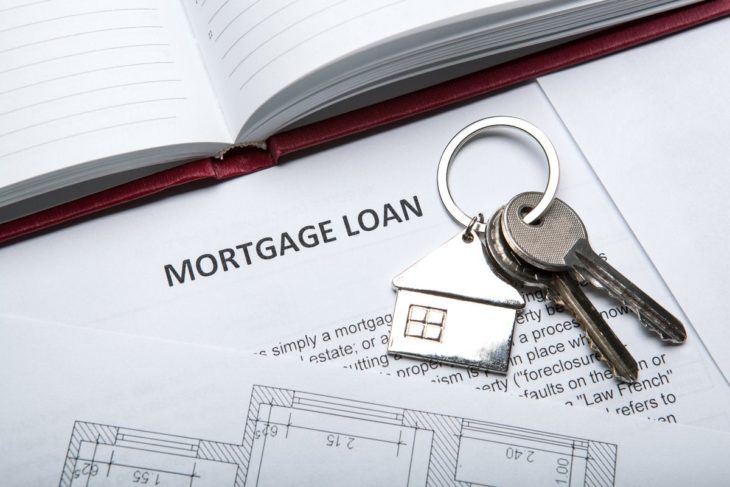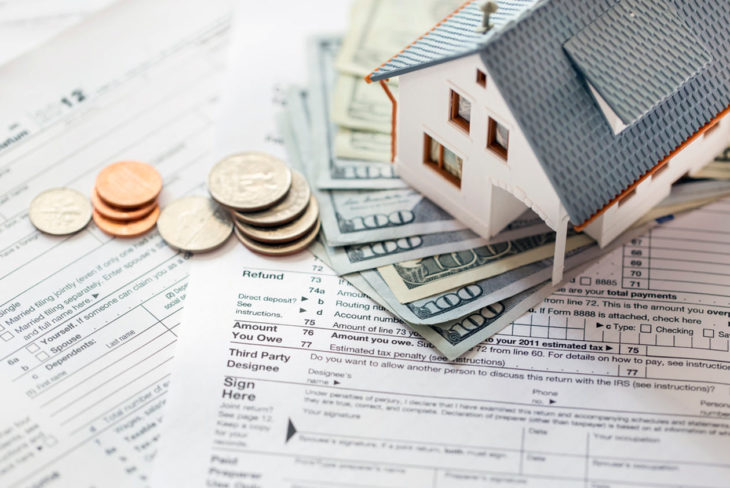There comes a time in every person’s life when they need some extra cash. That can be because you want to buy a new house, car, or just because you need some money for specific personal reasons.
Luckily, there are available options when you are short on cash and you can choose the one that fits your situation the most.
Mortgages are the easiest way to get money, but there are some important things you should know so you don’t end up in debt for the rest of your life.
We did the research instead of you and here is our advice on how to get the best mortgage for you.
Contents
1. Determine your budget
The first thing you have to do before even looking into mortgages is to determine your budget. There are a lot of people who make this mistake, try and take a loan and then end up having no money to pay it back or to cover their bills.
Make sure that this is the right time to buy a home. Owning a house pays off financially if you plan on living there for at least 5 years. Otherwise, you should consider renting. Don’t look at the home as an investment, try and get it because you want to be a homeowner, and not because you want to invest in something.
You should be aware that mortgage providers are looking for people who can pay the money back, so if you don’t want your application to be dismissed, you should take care of your budget first.
The rule is, most lenders will loan you about 4.5 times the salary you have and anyone else that is asking for the loan with you. However, there are lenders that could offer you up to 5.5 times the salary, or salaries combined.
Be aware that lenders will also look at your existing debts and outgoings. There are a lot of stress tests that can be done to determine if your financial state is going to change in the near future, if the interest rate could change and so on.
The most important thing you should remember is to try and keep the total payment under 30 percent of your gross monthly income.

Source: fool
2. Prepare your finances
After you are done with the rough first draft of your budget and the money you could borrow, the next thing is preparing your finances. To make sure you are financially ready there are three things that need to be checked and covered.
- Credit Score – check your credit card reports, pay down the balances and if possible, stop using the credit cards for at least two months before you apply for a loan.
- Save money – you will need that cash for the downpayment and other expenses.
- Get your document in order – do this on time so you don’t panic and realize there’s one document missing right before you go to apply for a mortgage.
These are the general rules. Now we are going to talk a bit more about each of these.
3. Reduce your debts
Clear any debts you have; this includes credit card bills and personal loans. If you cannot clear them, reducing them will help as well. Experts like adviesnederland.nl say that qualifying for the cheapest mortgage products could save you a lot of money, and because of that, you need to take action before you start applying.
Start by resolving any issues in the credit file, get registered on the electoral roll, come out of an overdraft and reduce or pay off any debt you might have.

Source: completemortgageinformation
4. Save the biggest deposit you can
The bigger your mortgage deposit it, the more likely it is for you to get approved for a loan. And with that, you are more likely to access better mortgage deals with lower interest rates.
At the moment, you need about 5% of the property’s purchase price to get a loan. However, this number may vary depending on the lender.
If you cannot save any deposit money, some lenders may give you 100% mortgage if you have a guarantor – usually a member of your family.
5. Have a regular income or a stable job
You are more likely to get approved for a loan if you have stable, long term employment. The ideal situation is that you are employed at your current job at least 3-6 months before you apply for a mortgage.
If you plan on switching jobs, it’s better to do that before you apply for a loan. If you are self-employed it might be tricky to prove the income. You will usually need to provide at least 2 years’ worth of accounts that are signed off by a certified accountant.

Source: themortgagestation
6. Avoid buying not standard properties
There are some lenders that don’t always approve loans for certain types of properties. For example, an apartment in a high-rise block above the 10th floor.
This is because in some communal areas the hallways or communal lift can be neglected and this may put buyers off. With this, the value of the property will be reduced even if the apartment is in a great state.
If you want to buy a non-standard property, it’s good to make good research and see which lenders are more likely to approve your mortgage application.
7. Prepare your documents
It is vital to get all of the documents before you apply and submit them with your mortgage application. Any delays in getting the needed paperwork could result in your application taking longer than necessary.
Be extra careful when you complete your application forms because any mistakes could result in you having to resubmit and get the application checked again.

Source: finder
8. Talk to an expert
No matter how good your research is, you will never be able to know as much as an expert does. Talk to an impartial broker that can give you some advice and help you boost your chances of getting a mortgage.
They will help you find the best deals, based on your financial state and they can also give you personalized advice to help you improve your chances of being approved for a loan.
These are the basic things you should know about getting a mortgage. Borrowing money is a huge step in everyone’s life, so make sure you can pay it back.
